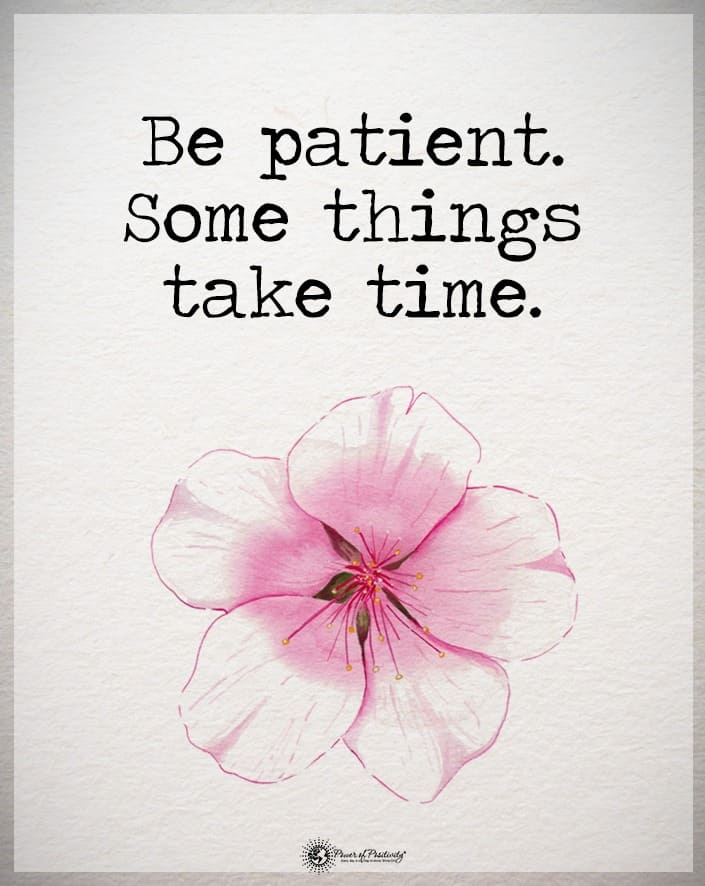As a child, you learned how to set goals to get something you want. If you wanted to buy that new toy like your friend, you planned to save your allowance until you had enough money to buy it. This simple life lesson about setting small goals for more significant outcomes can serve you well into adulthood.
Do you have dreams that you want to turn into reality? Unfortunately, there’s no magic wand that makes it happen. It takes careful planning and dividing your goals into smaller ones to accomplish anything. Each step brings you closer to your destiny.
Some say that setting small goals is all about visualization. For instance, if you want to go on your dream vacation to a tropical island, you must first be able to imagine yourself basking in the golden rays of a beach. Once you see yourself in this location and enjoying the rewards of your labor, you can encourage yourself to work for this goal.
While you might find motivation for a tropical beach vacation, it may be more challenging with something like finishing your master’s degree in college. However, if you look at the big picture of a goal like that, you will see that setting small goals to get through a quarter or semester is beneficial. The point is don’t get overwhelmed by the finish line.
Nine Smart Reasons for Setting Small Goals
Are you ready to confront the daunting tasks before you? They won’t be so intimidating once you’ve turned them into small tasks you can do every day. Here are eight reasons why you can realize your dreams and accomplish more with small goals.
1. The Road of Success Has Small Steps
The great Chinese philosopher Lao Tzu proclaimed that you must take the first step to start a journey of 1,000 miles. This iconic proverb is true with physical journeys as well as your life’s progress. If you stand frozen and dread the long trip, you’ll never go anywhere until you start walking.
Dividing your goals into small goals makes the task a little less overwhelming. For example, let’s say you want to lose 75 pounds to be healthy. Seeing that a large number may be intimidating for you.
However, you could break the final number into doable goals, like losing 10 or 15 pounds. Instead of being overwhelmed to lose a massive amount of weight, it’s easier to strive for a few pounds at a time. According to an article published by Forbes Magazine, achieving small goals regularly can keep your motivation stronger.
2. Setting Small Goals Inspires Action
Have you ever participated in a race? The closer you get to the finish line, the more motivation you get. This same principle also relates to dividing and conquering goals in your life.
With each successful step, you’re that much closer to achieving your dream. You get your second wind and work harder on the next few steps. You’re less likely to become discouraged and give up.
3. They Offer Clearer Focus
Many people decide to plan like some corporations and make five-year goals. While planning that far in advance is admirable, it may be too much for your mind. As busy as you probably are, it may be challenging to set goals for the next six months, let alone five years.
Of course, you can set goals for years into the future. Perhaps you’re in college now, and you’re planning graduate school and a career path. Those will take some time and careful financial planning.
Give yourself better focus by breaking this five-year plan into one year or even a few months. It’s much easier to focus on a year rather than a few years out into the future. You still have an important goal, but you realize it bit by bit.
4. Setting Small Goals Can Build Your Confidence
Remember the story of the Little Engine that could? He faced climbing a massive hill with a heavy load. He would’ve never made it to the top and beyond if he had only concentrated on the difficulty.
With each chug of his engine and turn of his wheel, he made it a little farther up the hill. It gave the Little Engine confidence and momentum as he cheered himself on with “I think I can, I think I can.” These small victories took him to the summit.
It’s amazing how many real-life principles are presented in children’s literature. In an article published by Random Acts of Leadership, they discuss how smaller goals are part of the Success Cycle.
The second step of this cycle is to narrow your focus. If you spread yourself too thin on a big goal, you’re more apt to get discouraged and fizzle out. Instead, focusing on smaller goals builds your confidence to take the steps to the top of your hill.
5. Small Victories Cultivate New Habits
In an article published by Brain Pickings, they explain how people develop new habits. It took an average of 66 days for the 96 participants to complete a further action automatically.
However, she is quick to note that many experts say it probably takes longer to develop more difficult habits. Either way, successful repetition seems to be what forms new patterns for a lifetime.
It stands to reason that success will become a habit when you divide a larger goal into smaller ones and achieve small victories regularly. Your mind and body become accustomed to working for what you want, and you won’t accept anything less. Making success a daily routine brings rich rewards in the long run.
6. You’re Less Likely to Procrastinate
Remember in school when you had to do large science projects or other lengthy assignments? Usually, the teacher gave you a generous time block to work on the task at home and school. Perhaps you were one of the many students who felt overwhelmed and kept putting the project off until the last minute.
Unfortunately, procrastination can follow you into your adult life. Maybe your supervisor asks you to complete a report or project by a specific date. The research and compilation may seem so taxing that you dread opening the first file.
Not only can procrastination affect your job performance, but it may make the difference in getting the raise or promotion you wanted. In fact, it could land you in the unemployment line.
Breaking a large project into small goals works for school children and high-profile executives. When you complete a small task each day, you feel accomplished and less stressed. You aren’t as apt to procrastinate, and you will reach your goals or deadlines.
7. Setting Smaller Goals May Help You Anticipate Barriers
No matter how hard you work and plan, you’ll always find wrenches in the works along the way. Overcoming obstacles is part of human nature and is one that makes victory so sweet. Nobody ever reached the summit of their goals without interference of some sort.
When you deal with smaller goals, it’s easier to anticipate any snags. For example, say you ordered some supplies you needed to complete a project. You were proactive in faxing your order in case of delays, so you aren’t without supplies in the 11th hour.
Can you think of ways you can expect problems in your path before they arise? This will be part of how you’re getting smaller, attainable goals. Coping with delays and other issues on a smaller level can make the larger task easier.
8. Creating Milestones
During the heyday of the Roman Empire road system, milestones were established to let travelers know how far they’ve gone. It also told them how much farther they had to travel to their destination. Think of your smaller goals as milestones toward your life’s destiny.
First, these bite-sized goals remind you of how far you’ve traveled. You can appreciate your hard work and all the hurdles you’ve jumped over to get from point A to point B. Taking a breather and acknowledging this milestone builds your confidence as a person who sets goals and wins.
Now, consider how this milestone directs you to how much farther your destination is. Since you’ve come this far successfully, you know what it takes to make it across the finish line. Count the small milestones along the way and realize that’s what it’s going to take to achieve your greater missions. These milestones are a testament to your determination.
9. They Help with Other Goals
Most people divide their goals according to their personal and professional life. Your goals may also have subcategories that may overlap. No matter which type is the subject of your focus, achieving small goals can be the incentive for ones in another category.
Say that you work for an advertising agency, and you’ve always dreamed of branching out on your own. The goals you accomplish at work are bound to inspire you to work on personal goals. You’re gaining skills and knowledge to set and meet goals for your own business.
Sometimes, your success at work can help you at home. Do you vow to help you and your family be more organized? The same little goals you accomplish for organization on the job can be carried over into your house. You can also incorporate successful steps you have at home into your workplace.
Final Thoughts on Setting Small Goals for Success
Everybody has dreams they want to accomplish in life. If you have big goals, you should know that you can do anything you set your mind to do. When you focus on setting smaller goals, each little success will help make your bigger dreams a reality.

















 Community
Community

